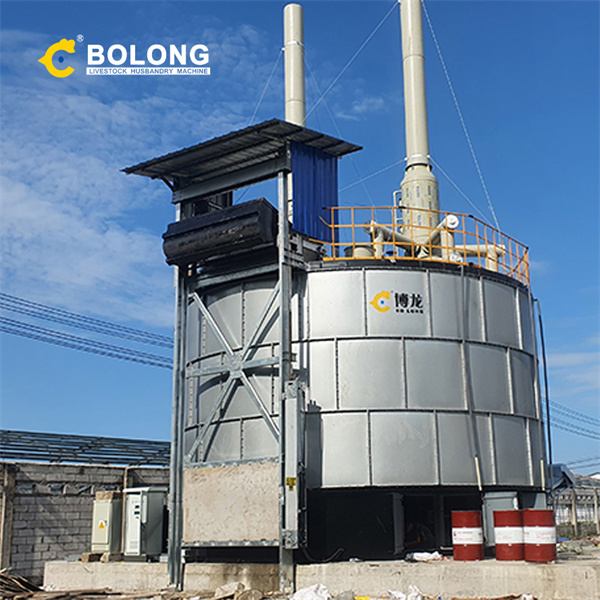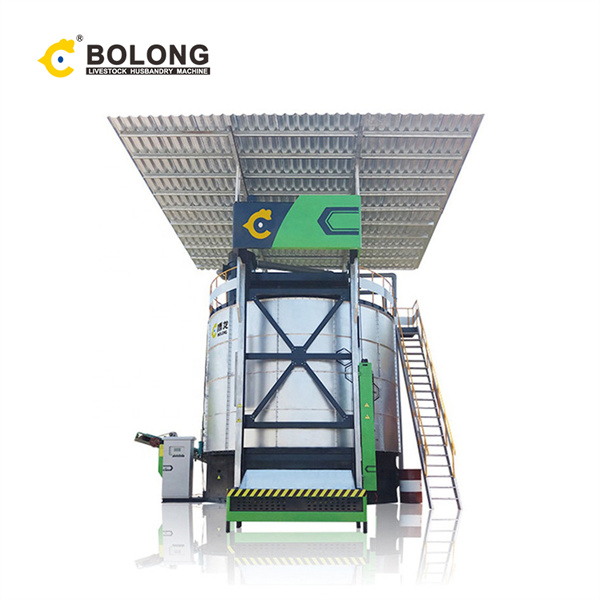Introduction: Maintaining animal health is crucial in livestock farming. Fermentation tanks play a role in promoting animal health by providing cleaner and more hygienic environments. This article explores the impact of fermentation tanks on animal health.

Hygiene Improvement: Fermentation tanks reduce the accumulation of raw manure, which can harbor pathogens and pests. This improvement in hygiene leads to healthier living conditions for livestock.
Disease Prevention: By managing manure effectively, fermentation tanks help prevent the spread of diseases associated with poor sanitation. This reduces the incidence of illnesses such as mastitis, respiratory infections, and hoof problems.
Stress Reduction: Cleaner environments reduce stress in animals, leading to better overall health and productivity. Stress-free animals are less prone to diseases and exhibit better growth rates and reproductive performance.
Case Study: A dairy farm implemented fermentation tanks to manage manure. The farm observed a significant reduction in mastitis cases and overall improved herd health, leading to higher milk production.

Conclusion: Livestock fermentation tanks contribute to animal health by improving hygiene, preventing diseases, and reducing stress. These benefits enhance the well-being and productivity of livestock.